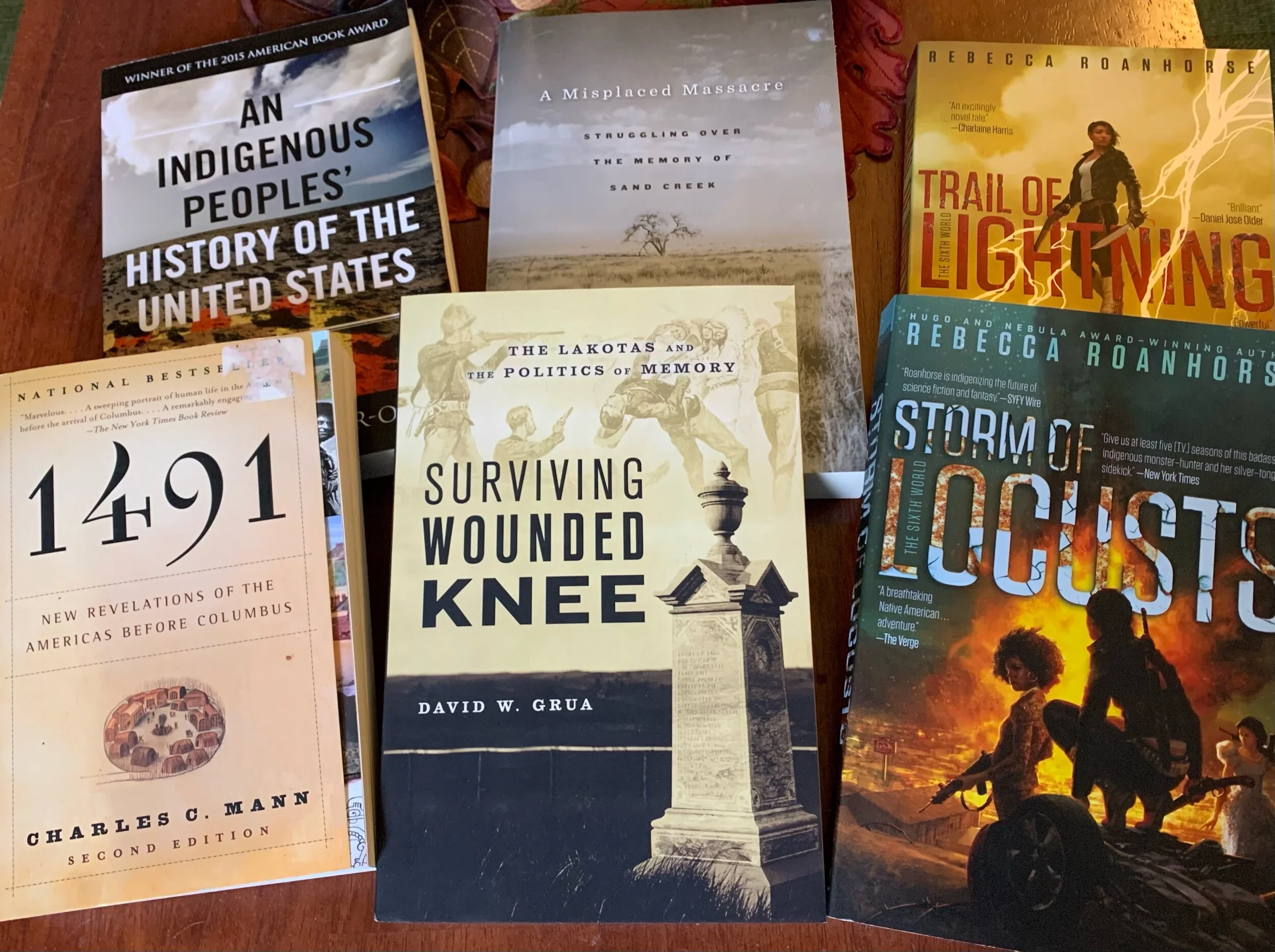The best book I read this month is a fascinating work about one of our founding documents, the Declaration of Independence. In Our Declaration: A Reading of the Declaration of Independence in Defense of Equality, Danielle Allen walks the reader through a close reading of the declaration’s text, arguing that each section of the document speaks to the notion of equality.
It’s a fascinating take, and I’ve never seen the Declaration analyzed or explained in this way. Best of all, Allen’s writing is accessible. You don’t need to be a scholar of history to understand her interpretation or follow her reasoning. That, in itself, speaks of equality. She makes the Declaration available to everyone.
BONUS RECOMMENDATION:
Our Declaration wasn’t the only—or even the first—remarkable book I read this month. I began February by reading called Why Study History When It’s Already on Your Phone by Sam Wineburg. If you are in any way involved in history education, READ THIS BOOK. The first chapter, in which Wineburg examines the failures of standardized testing, got me so worked up that I wanted to burn the system down and start all over again. The rest of the book did not provoke such a violent reaction, but it did identify many of my frustrations with state history standards and curriculum.




